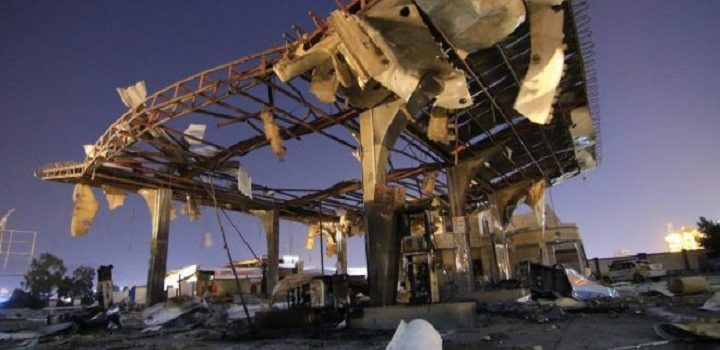Saudi airstrikes kill at least 10 civilians in three crimes in one day
At least 10 children were killed between children and women when US-Saudi warplanes carried out a series of air strikes on residential areas in Sanaa and the northwestern province of Saada.
Saudi fighter aircraft carried out air strikes against a petrol station in 60th Street west of Sanaa, killing 4 civilians among women with their babies and wounding 10 civilians among children
In Saada, under pressure from the Riyadh regime in a brutal bombing campaign against its southern neighbor, Saudi military aircraft carried out air raids on a subway, killing three children and wounding 15 civilians, in addition to killing one child, two children and two men. Rocket fire and Saudi artillery against the border area



